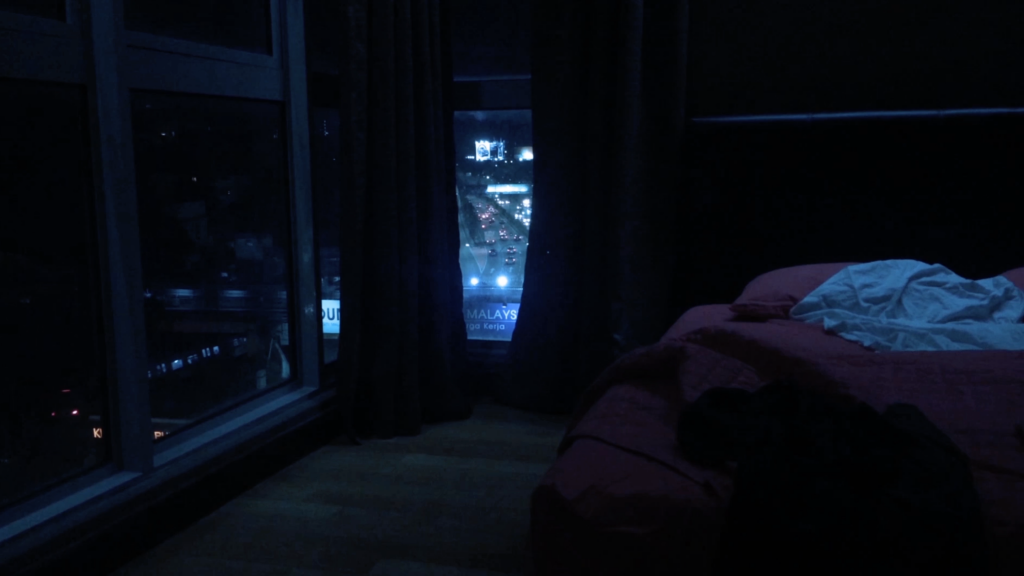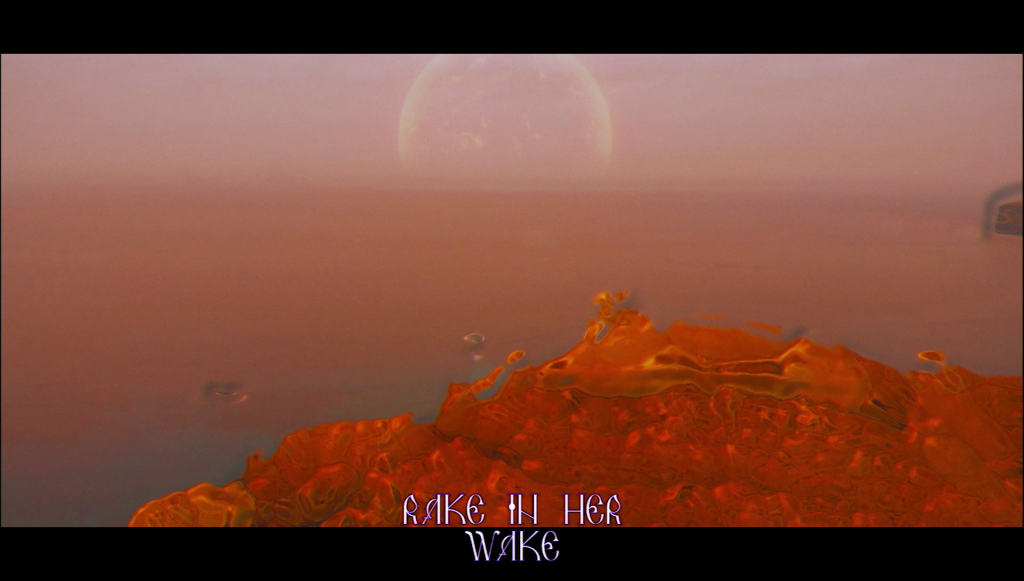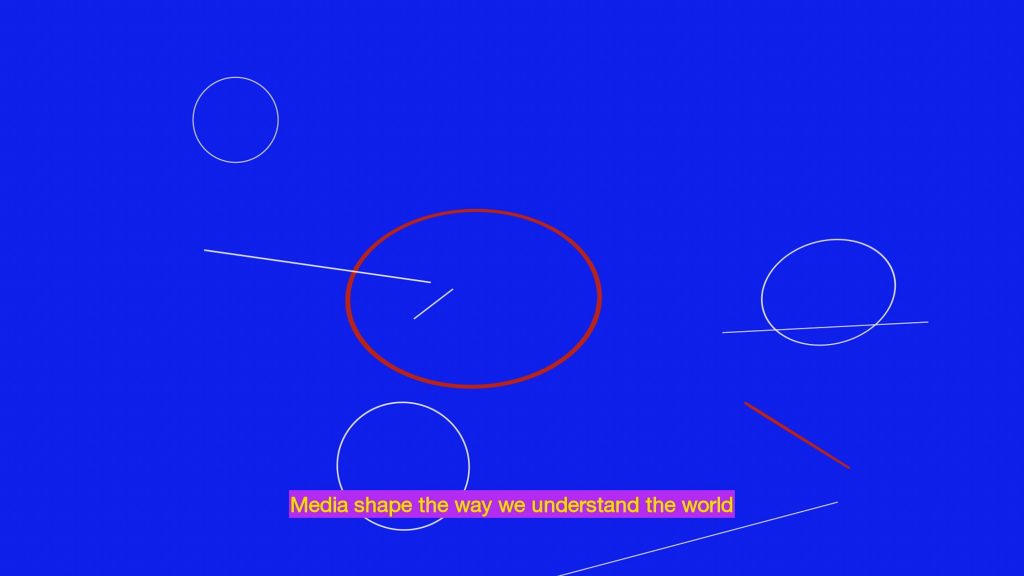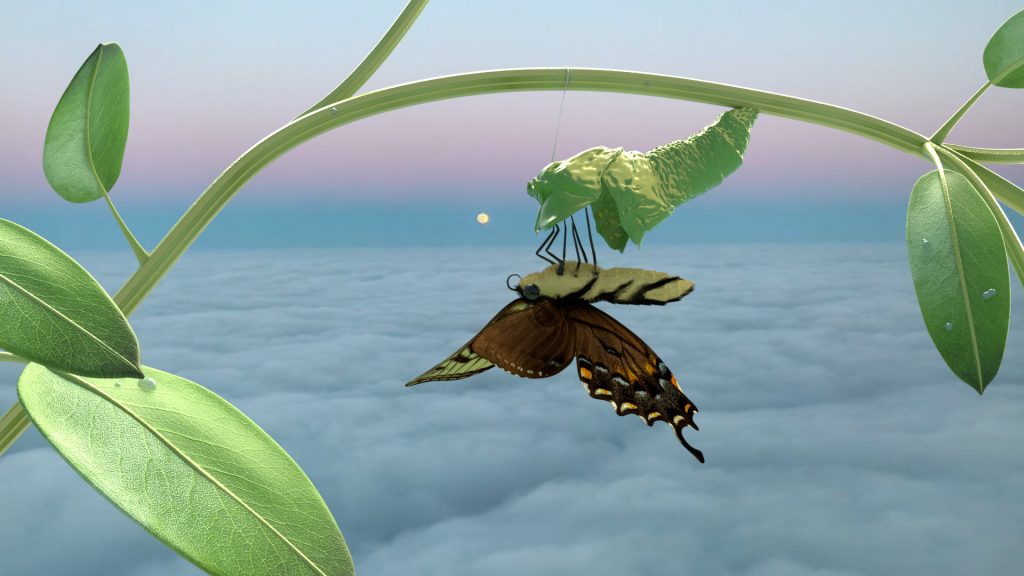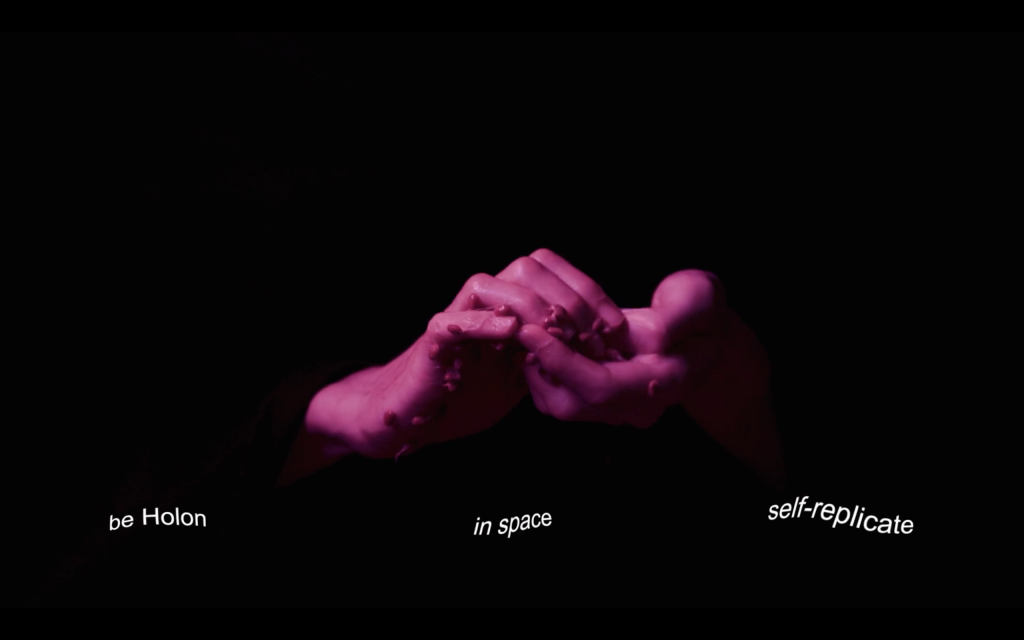The Institute of Queer Ecology
The Emergence, 16’, 2020
Metamorphosis is a 3-part proposal by the Institute of Queer Ecology to restructure how the world is imagined and how it operates today. These three stages are modeled after the life cycles of holometabolous insects: bugs who undergo a “complete metamorphosis” where the organism fully restructures itself to adapt to its changing needs and ensure its survival. The Emergence is a third part of the video series. Building off of José Esteban Muñoz’s notions of a Queer Utopia, lessons learned through Emergent Strategy (Adrienne Maree Brown), and the concept of the Capitalocene (as articulated by Jason W. Moore, Raj Patel, Naomi Klein, and many others), Metamorphosis presses us to imagine with more ambition what could emerge from this multifaceted crisis.
Queerness, we claim, is a strategy as important as imagination, rooted as it is in a history of establishing alternative worlds of mutual support and care that bloom in the spaces underneath and between this one.
A body breaks down and a new one forms from the same material.
This change comes from within.
The Institute of Queer Ecology (IQECO), is a collaborative, decentralized organism that works to imagine and realize an equitable multispecies future. With interdisciplinary programming that oscillates between curating exhibitions and directly producing artworks/projects, the Institute of Queer Ecology lays the groundwork for a (bio)diverse utopia.
